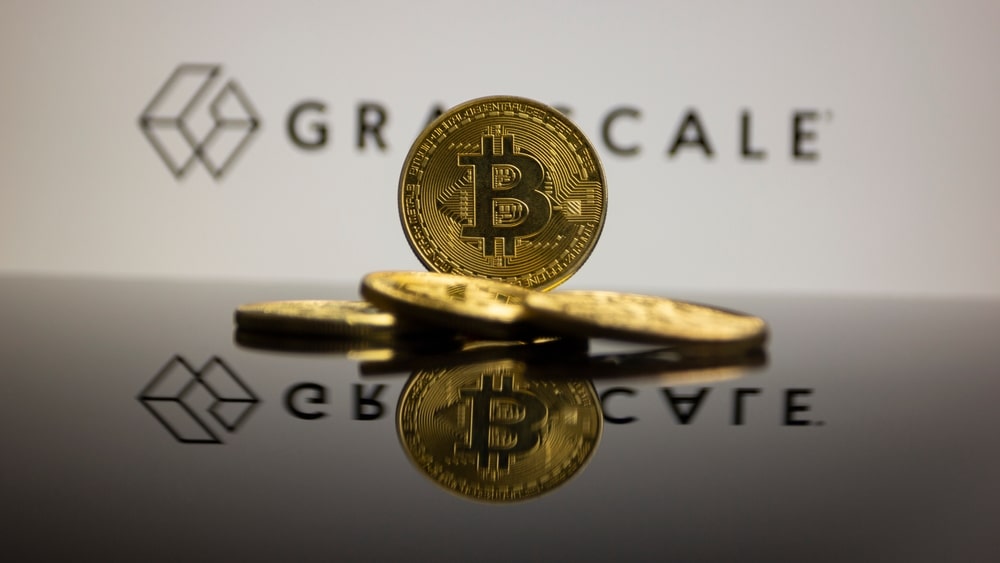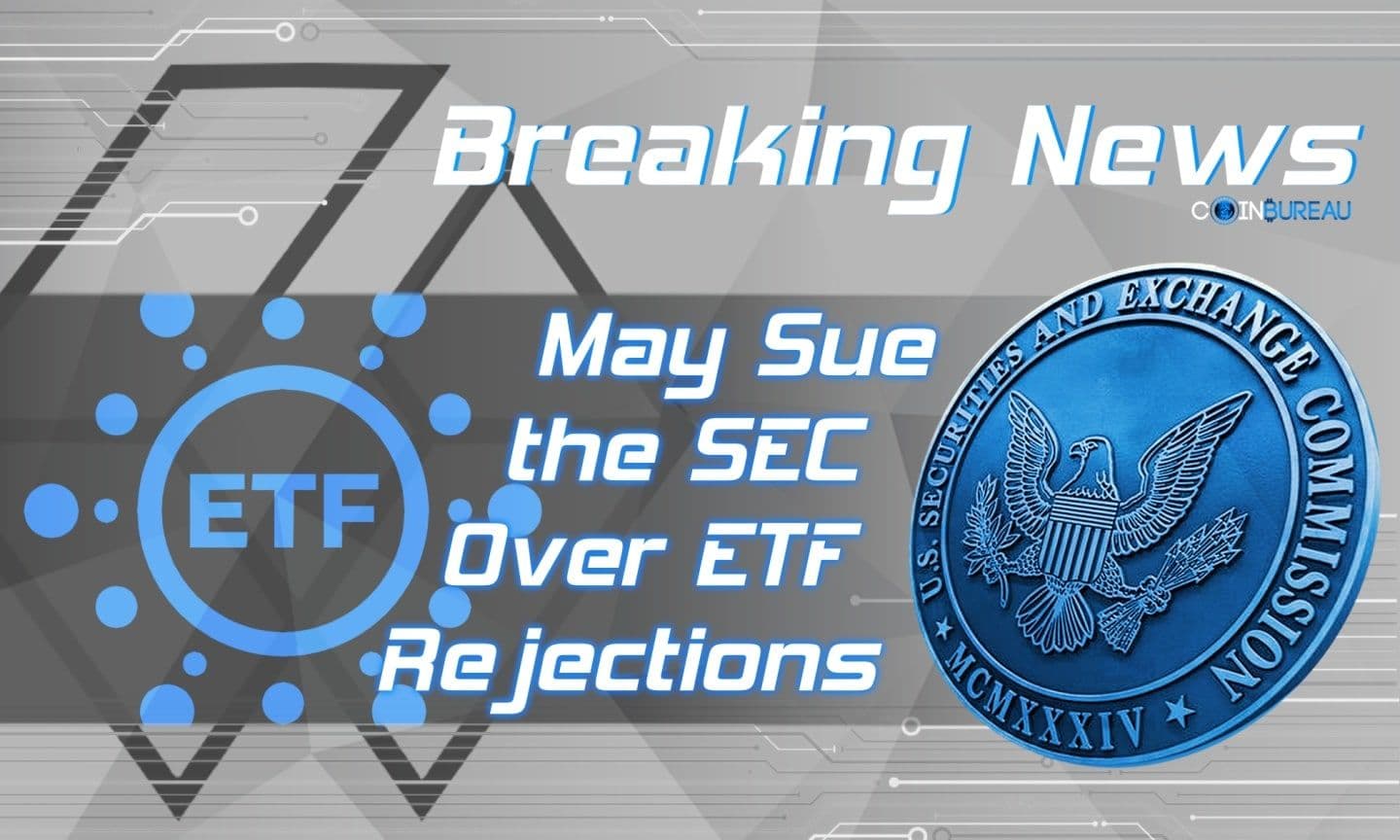Crypto asset management giant Grayscale is launching another attempt at getting its Bitcoin exchange-traded fund (ETF) product approved by the U.S. Securities and Exchange Commission (SEC), this time tweaking its case to scrutinize the SEC's stance.
Having been rejected several times already, the firm is reportedly taking a bet that the SEC’s recent approval of a Teucrium Bitcoin futures product could force the regulator to take Grayscale’s application more seriously this time around.
In a letter seen by FT, Grayscale wrote:
“We believe the Teucrium order confirms the fundamental point . . . [that] when it comes to approving [exchange traded products], there is no basis for treating spot bitcoin products differently from bitcoin futures products.”
In a thread earlier this month, Grayscale CEO Michael Sonnenshein argued that the SEC was demonstrating major contradictions and inconsistencies within the fine print of all their assessments of ETF applications.
“Today, in approving Teucrium’s application under the ‘33 Act, the SEC cleverly decided to define the ‘market’ as just the CME Group and the ‘underlying assets’ as just CME #bitcoin futures, which of course makes CME significant since it’s 100% of the CME Bitcoin futures market!,” he said.
“What’s wrong with this argument? Well, digging deeper, let’s remember that CME Bitcoin futures are *priced based on spot Bitcoin markets* and therefore directly influenced by them.”
 Image via Shutterstock
Image via Shutterstock
Craig Salm, Grayscale’s chief legal officer, also reportedly said approval of Teucrium’s product means that the SEC “is effectively losing the ability to rely on the distinction” between rules governing futures ETFs and spot ETFs as a reason to reject funds linked to physical Bitcoin.
Salm also argued that crypto markets have become more “robust” since ETF applications started popping up during the bull market of 2017 and that exchanges have more of the security and technical capabilities that traditional stock exchanges have.
Furthermore, given the strong relationship between the two markets, Grayscale argues that there isn’t any kind of fraud that could affect spot prices, but not futures.
"Because both spot and futures-based Bitcoin products face exposure to the same underlying Bitcoin market, any fraud or manipulation in the underlying market will affect both products in the same way," the letter says. "The existence of these risks therefore cannot serve as justification for denying approval to one product once approval for the other product has been granted."





